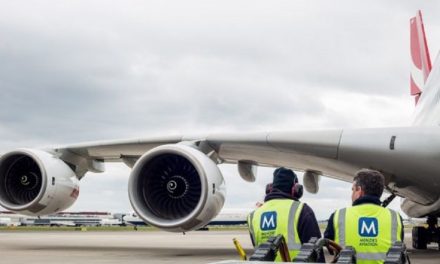
FTA urges government to take “decisive steps” on UK’s future trading links with European neighbours

With less than 300 days to go until the UK leaves the European Union, the Freight Transport Association (FTA) has urged the UK government to take “decisive steps” to agree the format and parameters of Britain’s future trading relationships with its European neighbours.
The FTA has today (7 February) written to UK Prime Minister Theresa May calling for a swift agreement so British businesses can “plan for a seamless transition to new trading and customs arrangements”.
In a statement sent to Post&Parcel, James Hookham, the FTA’s deputy CEO, said: “British businesses have heard enough talking – what’s needed now is a concrete solution to enable all those involved in moving goods and services across the UK’s borders to plan with certainty for a post-Brexit future.”
Hookham continued: “FTA’s membership, of more than 16,000 logistics suppliers, needs confirmation – on the length and nature of the transition period and the arrangements for trade during that time; on whether the UK will continue to benefit from current EU trading agreements during the transition; the nature and scale of customs arrangements and tariffs to be used; the status of EU workers within the UK; where and how will tariffs and certifications be implemented, and which documentation will be required for drivers and vehicles.”
The FTA said that the Haulage Permits & Trailer Registration Bill, which begins its process through parliament this afternoon, should provide some “clarity” for logistics operators on “the nature and scope of the permits they will be required to obtain from May 2019, which will enable vehicles to continue to move freely across the UK’s borders”. But the FTA cautioned that the outcomes of the bill will still have to be agreed with Michel Barnier’s team at the European Parliament.
“Businesses should only have to change their trading procedures once,” said Hookham. “The clock is ticking and contracts are already being negotiated for dates beyond Brexit day in 2019. Leaving the logistics industry in limbo will cost the economy – and consumers – money, and no one voted to be poor as a result of the Brexit referendum. It’s time for the government to make the decisions which will keep Britain trading successfully.”












